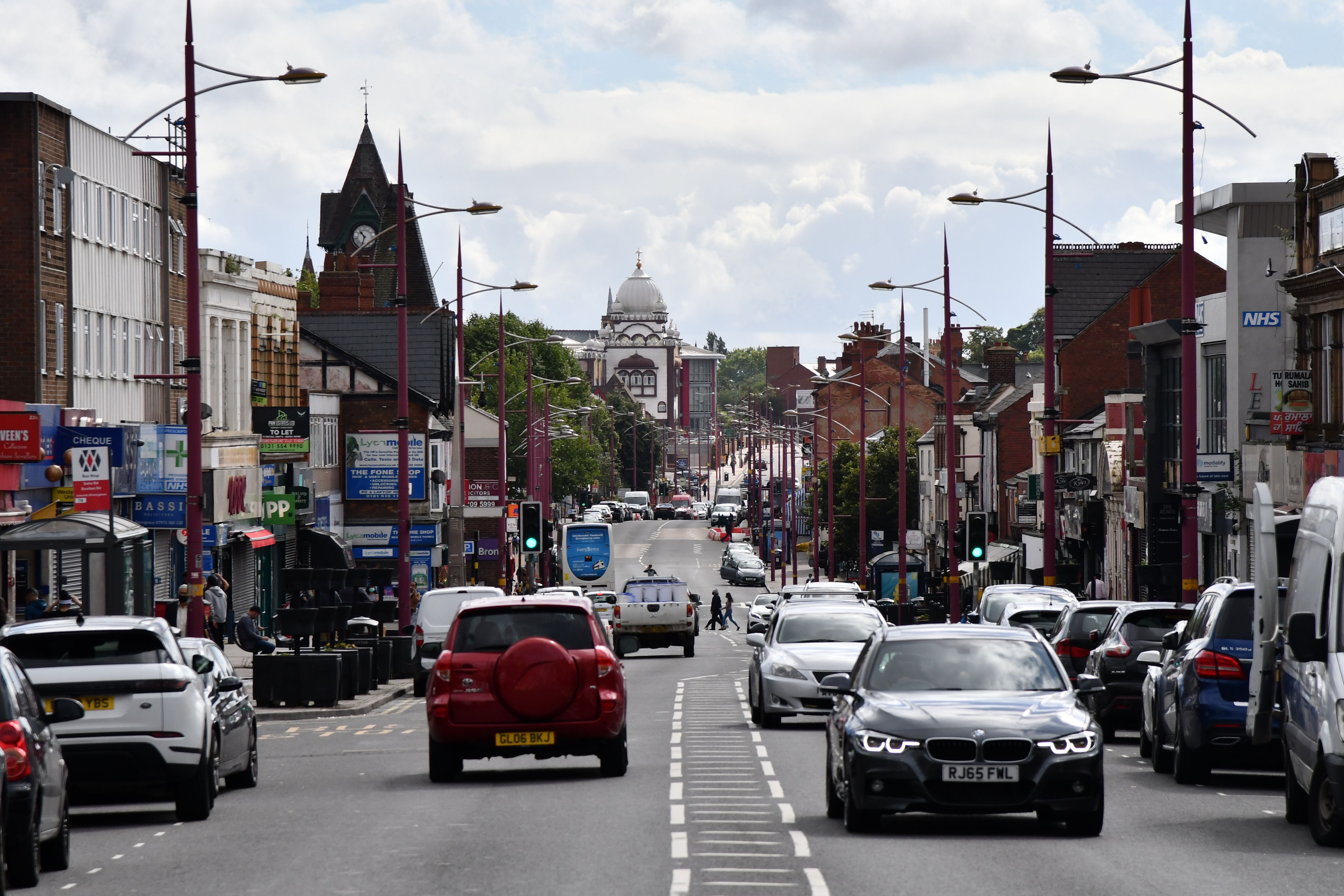How a reinvigorated Environment Bill would set an example to the world
We need UK leadership, an all-government effort, to deliver WHO air pollution limits as our gift to the world at Cop26


Your support helps us to tell the story
From reproductive rights to climate change to Big Tech, The Independent is on the ground when the story is developing. Whether it's investigating the financials of Elon Musk's pro-Trump PAC or producing our latest documentary, 'The A Word', which shines a light on the American women fighting for reproductive rights, we know how important it is to parse out the facts from the messaging.
At such a critical moment in US history, we need reporters on the ground. Your donation allows us to keep sending journalists to speak to both sides of the story.
The Independent is trusted by Americans across the entire political spectrum. And unlike many other quality news outlets, we choose not to lock Americans out of our reporting and analysis with paywalls. We believe quality journalism should be available to everyone, paid for by those who can afford it.
Your support makes all the difference.Replacing the provisions of the Clean Air Act 1956, created to tackle the smog of London, is something that is long overdue. Not only does the industrial city for which it was intended not exist in 2021; the bar it set – to not have air opaque with pollution – is laughably low. Most importantly, it didn’t have health at its heart.
Unfortunately, the same limited focus plagues the government’s flagship Environment Bill, which places air quality within a context of environmental problems, with the Department for Environment, Food and Rural Affairs (Defra) at its helm.
A revised version of the bill is anticipated in the wake of the report by coroner Philip Barlow, who has called for maximum levels of particulate air pollution to be lowered in the UK to be in line with World Health Organisation (WHO) limits.
Barlow ruled earlier this year that air pollution from traffic was among the causes of the death of nine-year-old Ella Kissi-Debrah in February 2013.
The heartbreaking conclusion of the inquest hearing into Ella's death shows that urgent action is needed. Thanks to the fierce campaigning of Ella’s mother, Rosamund Kissi-Debrah, we know that the political will to deliver clean air has been sadly lacking.
Outside of the EU, we are more vulnerable – and looking ahead, the Office for Environmental Protection won't have the teeth either. But while it might be tempting to look towards creating a new body, or gifting an existing organisation with the responsibility of air quality through a new Clean Air Bill, doing so would risk missing the opportunities that the lockdown has presented.
Now, more than ever, the public will not accept that things can’t be done, or have the economy used as a shackle to prevent the introduction of progressive environmental and health policy.
This of course is a health issue, and so alongside the need for WHO guidelines, the coroner’s report recommended that more emphasis be placed on the adverse effects of air pollution during the training of health professionals in order to equip them to communicate this to patients – especially those with respiratory illnesses.
We should go further, and have a public-facing campaign, like the government did with the Covid-19 adverts reminding people to open windows regularly to ventilate indoor environments. This is good advice at all times, especially when cooking.
The coroner also recommended more air-pollution monitors, and that information about air quality is made available to the public. It’s not hard to see how empowering parents and head teachers with this information could transform how children are taken to school – as just one example – and allow the public to make better decisions with health in mind.
Furthermore, we have an opportunity to encourage homeworking beyond the lockdown, which is popular with staff one or two days a week. If we could also add staggered work times on top, this could have a huge effect on congestion and a disproportionate impact on emissions, as noted by a report published by the Department of Transport. The government and trade unions have a huge role in making these changes a reality and ensure we don’t just snap back into old, unhealthy working habits.
For these things to happen, the Environment Bill is the torch at the start of the procession. It will set the tone on whether the government prioritises preventing deaths, like the coroner has urged – as well as indicating to other government departments and local authorities the measures that need to be taken in order for WHO guidelines to be met.
Right now, after our lifestyles have been so dramatically affected and protecting health has become a priority for all, the small shifts in behaviour that will be needed for us to achieve clean air don't seem quite so daunting.
That’s why we need UK leadership, with an all-government effort, to deliver WHO air pollution limits as our gift to the world at Cop26.
Geraint Davies is Labour (Co-op) MP for Swansea West
Join our commenting forum
Join thought-provoking conversations, follow other Independent readers and see their replies
Comments